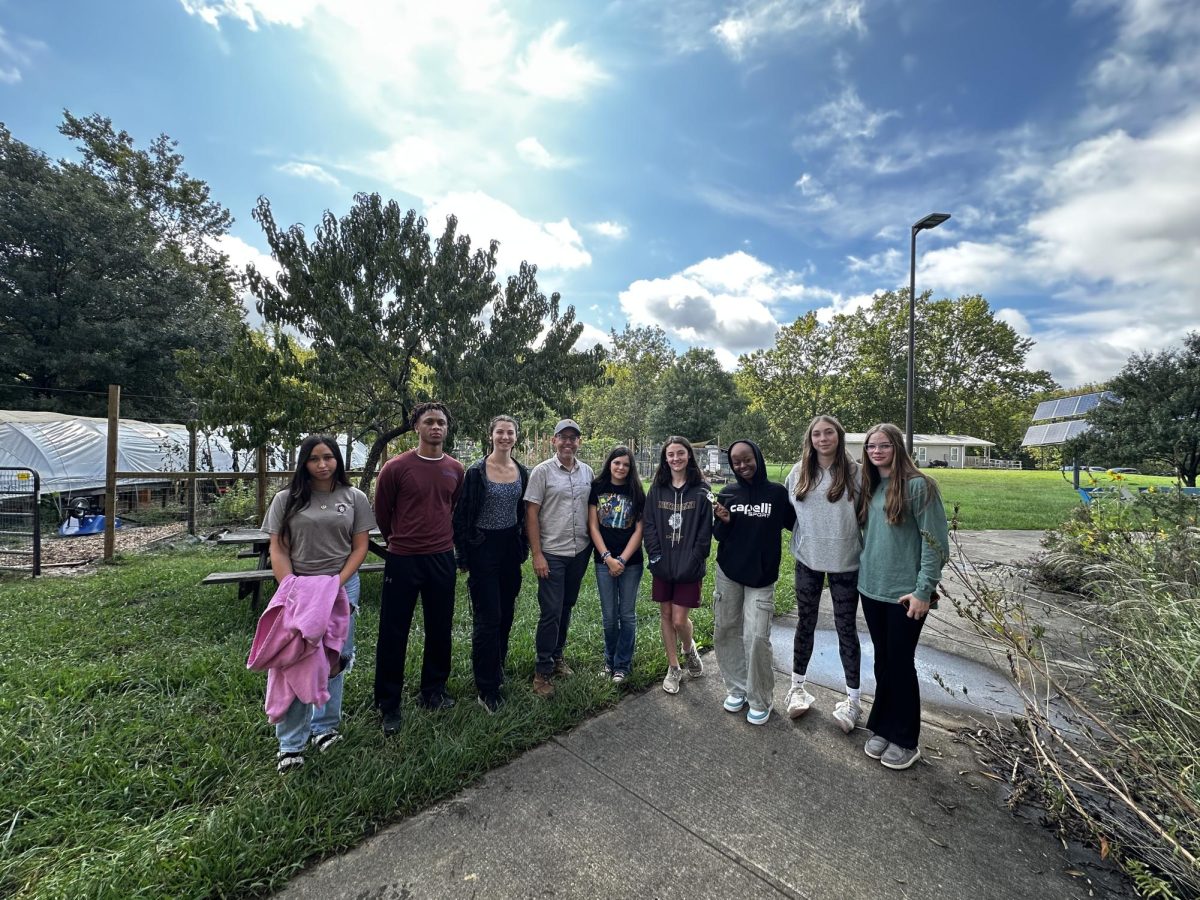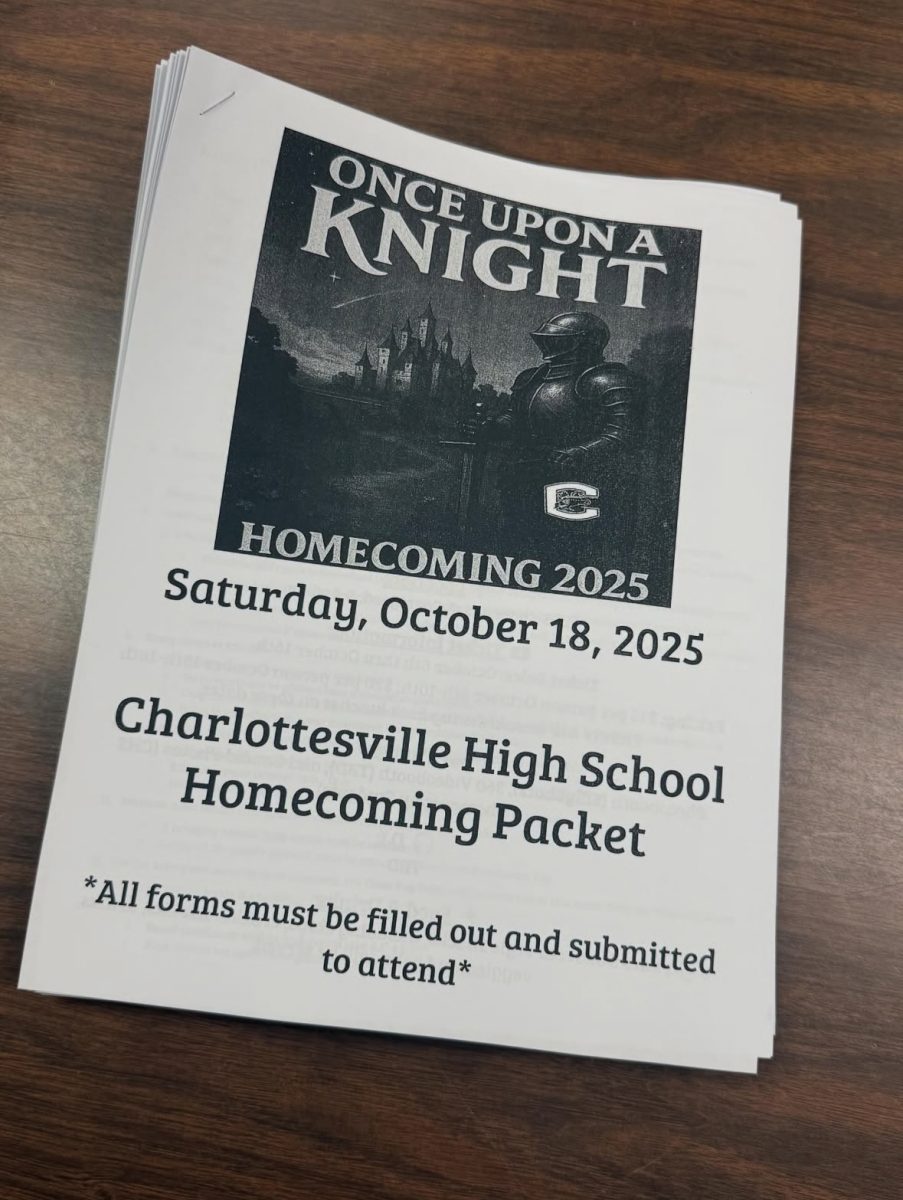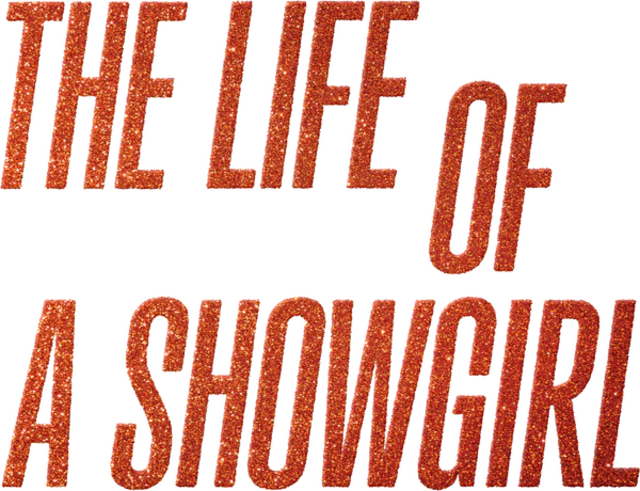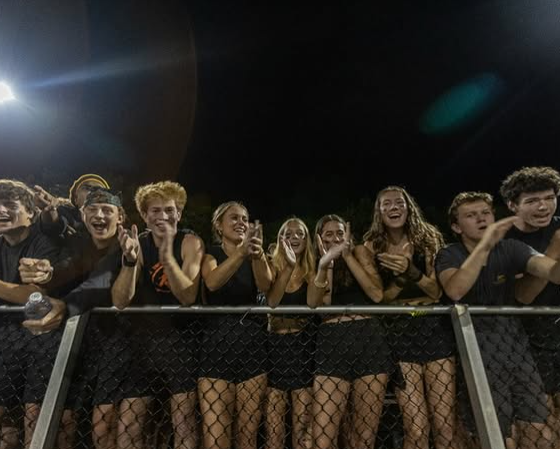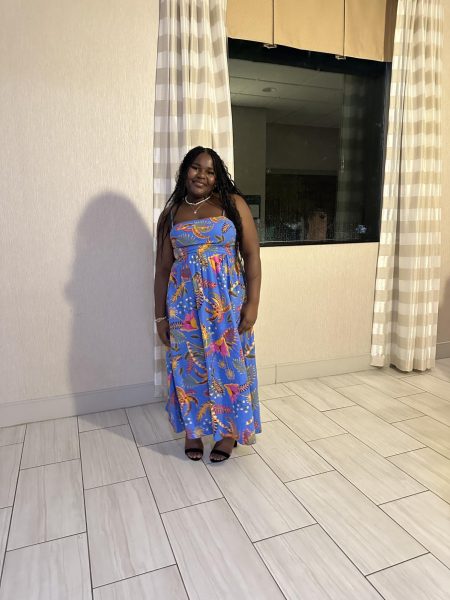When Peter Davis first started teaching at Charlottesville High School, there was no urban farming program. In 2013, he noticed an empty plot of land at the back of the school and saw an opportunity. He decided to take charge of the space, and with the help of his students, they began working on it after school. Over time, what started as an after-school activity turned into a full-fledged class. Urban farming has been a formal part of CHS’s curriculum for the past seven years, with students building important structures such as the chicken coop and shed.
Urban farming is becoming more important as farming land decreases while the global population and the average age of farmers increase. This type of farming allows food to be grown on smaller plots of land, closer to where people live. Mr. Davis’s program gives students hands-on experience, outdoor work opportunities, and exposure to things they wouldn’t typically encounter in a regular school day.
One of the main goals of urban farming is to help provide food for people in need. In the Charlottesville area, some community members struggle to access healthy food, and the urban farming class aims to help ease that problem.
The program has received support through donations of compost from companies like Black Bear and Panorama, and donations of wood chips from various tree companies. Technology is also a key factor, especially in monitoring weather conditions, which affects when students can work outside and how well crops grow. Knowing the weather is critical, especially when planting new seedlings.
Students have numerous ways to get involved in farming outside of school. They can volunteer with local non-profits like Cultivate Charlottesville or the International Rescue Committee’s New Roots Farm, as well as with local churches.
Apart from being a full-time urban farming teacher, Mr. Davis runs a small flower farming business with his wife. He is also a huge music enthusiast; he plays the guitar and can sing!
Mr. Davis emphasizes that “the whole garden is the project,” meaning students have the freedom to create and build things based on their own ideas. He believes that students who choose to be part of the program are excited to learn and be involved. His advice to aspiring urban farmers is simple: “Start small and make it beautiful.”


